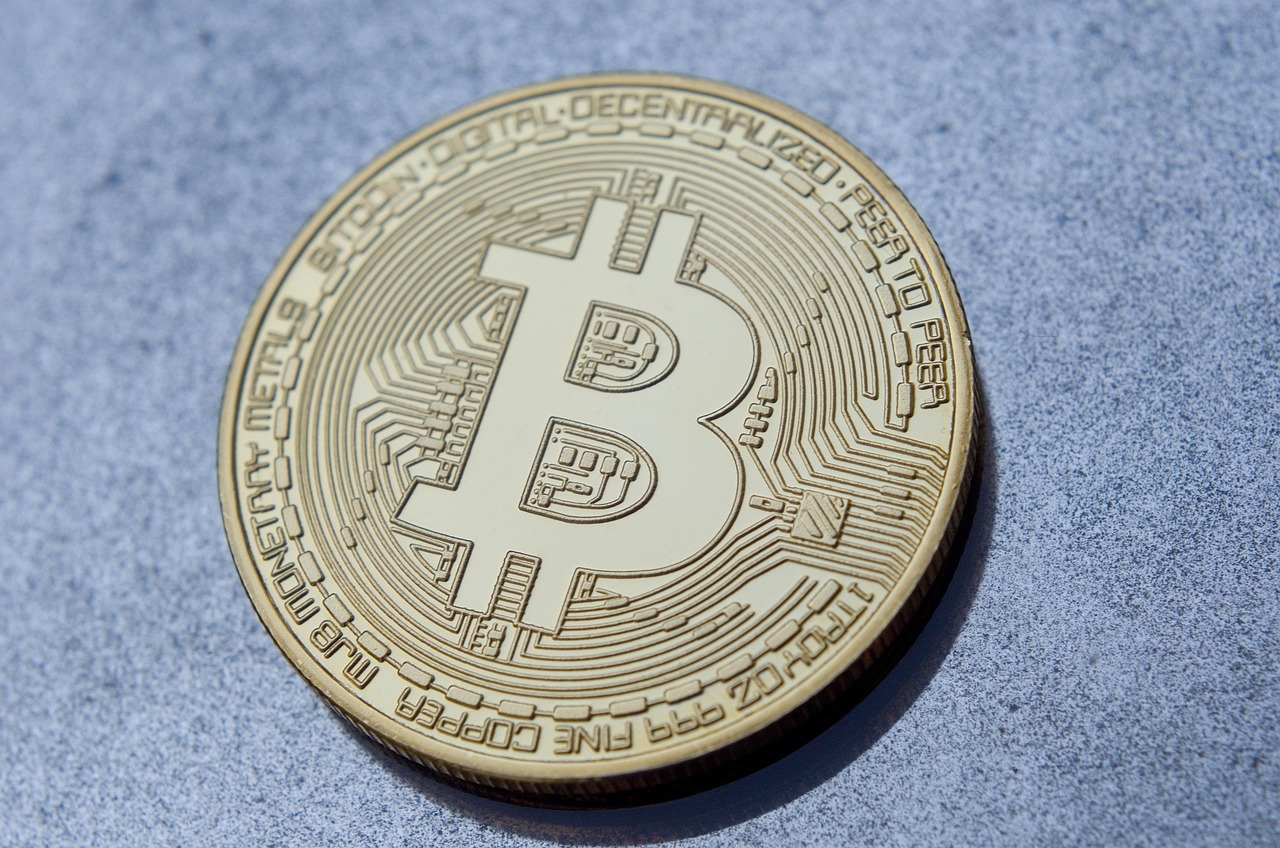Decentralized Exchange Bunni Shuts Down Operations Following Devastating Hack


Decentralized exchange platform Bunni has announced the shutdown of its operations following a severe security breach that crippled its growth and financial capacity.
In a statement released on X (formerly Twitter), the company expressed deep regret over the decision, citing the recent exploit as the primary reason behind the closure.
The company wrote,
Register for Tekedia Mini-MBA edition 19 (Feb 9 – May 2, 2026): big discounts for early bird.
Tekedia AI in Business Masterclass opens registrations.
Join Tekedia Capital Syndicate and co-invest in great global startups.
Register for Tekedia AI Lab: From Technical Design to Deployment.
“It is with saddened hearts that we announce the shutdown of Bunni. The recent exploit has forced Bunni’s growth to a halt, and in order to securely relaunch, we’d need to pay six to seven figures in audit and monitoring expenses alone requiring capital that we simply don’t have.”
According to the statement, rebuilding the platform would have required months of additional development and business efforts, which the team deemed unsustainable under current conditions.
Recall that on September, the platform suffered a multimillion dollar hack, that saw it lose a whopping $8.4 to hackers. Attackers stole Ethereum, USDC, and USDT via the layer-2 unchain and the Ethereum network. Nearly an hour after the incident, Bunni announced on X that all smart contracts have been paused on all networks.

As part of the wind-down process, Bunni confirmed that users will still be able to withdraw their assets via the platform’s website until further notice. The company also revealed plans to distribute remaining treasury assets to holders of BUNNI, LIT, and veBUNNI tokens, based on a forthcoming snapshot. However, the specifics of this distribution are still subject to legal review, with final details to be announced once the process concludes. The team emphasized that its own members would be excluded from the payout.
In a bid to support the broader decentralized finance (DeFi) ecosystem, Bunni has relicensed its v2 smart contracts from BUSL to MIT, allowing others to freely utilize its technological innovations — including Liquidity Distribution Functions (LDFs), surge fees, and autonomous rebalancing mechanisms.
“We have pushed the AMM space forward by a generation, and it would be a shame if our efforts went to waste,” the company added.

The team also stated that it is actively working with law enforcement agencies to recover the stolen funds from the attacker responsible for the exploit.
Bunni’s closure marks another setback in the DeFi space, highlighting the ongoing challenges of security, funding, and sustainability in decentralized finance projects. This incident once again highlights the security fragility of DeFi platforms. Despite the promise of transparency and decentralization, many protocols remain highly vulnerable to cyberattacks. Continuous auditing, real-time monitoring, and robust recovery mechanisms are essential, yet often beyond the financial reach of smaller teams
Notably, the platform closure comes after blockchain network Kadena, once hailed as one of the most promising blockchain ventures, announced plans to shutdown after running out of funds. Kadena added that the decision came after market conditions made it impossible to sustain operations or promote the projects adoption, as its native token dropped 77% over a month’s timeline.
The collapse of decentralized exchange Bunni and blockchain network Kadena has sent shockwaves through the cryptocurrency community, underscoring growing challenges within the decentralized finance (DeFi) landscape.
Moving forward, future DeFi projects will need to emphasize safety, compliance, and accountabilityto attract both retail and institutional participation.





